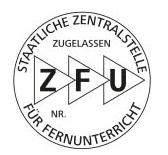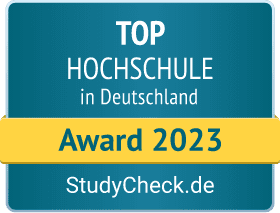Projektbeschreibung
The applicant IU Internationale Hochschule, together with the partners Cairo University, Faculty of Engineering in Egypt, and Beirut Arab University in Lebanon, pursue to initiate new and strengthen former cooperation ties between the three universities based on scientific and design projects and research through the focus topic “Adaptive Reuse and Urban Mobility Roles in Enabling Resilient Urban Transformations”. This project involves two joint workshops in the field of urban design and architecture for bachelor and master students from the three participating universities to allow knowledge and expertise exchange and transfer between students, staff and non-university partners from the three countries.
The focus topic aims on the relationship between urban mobility and the urban renewal and development of historic districts in order to achieve more resilient historic cities. The transformation and adaptation of historic quarters is a key topic of urban design in cities, both in Europe and the Middle East. Here and there mobility is a key driver of these processes of urban transformation. The adaptive reuse of historic quarters and buildings in highly densified urban areas is a key task in keeping the inner cities resilient. With the research on the correlation between mobility and the adaptive reuse of historic buildings the cultural heritage and collective memory of societies will be consolidated.
Furthermore the elevated carbon imprint as a conclusive consequence of conserving the grey – or better called “golden” energy of the built structure will be reduced by rethinking, redesigning and regenerating these re-connected areas within our cities. The accessibility of transportation along with the opportunity to change between its different speeds plays an essential role in the process. On the other hand, many of the Middle Eastern cities still suffer from challenges related to former concepts of adaptive reuse, and failed urban mobility.
Cities like Beirut are suffering from a lack of urban mobility system that involves reliable public transportation systems, active mobility, and new transportation technologies. Beirut among other Middle Eastern cities are highly car-dependent cities with poor active mobility infrastructure, which affects the quality of urban spaces and people's health and well-being. Other cities from similar contexts like Cairo started paying more attention towards urban mobility by integrating it as a key issue in its national development plans. Within Cairo Vision 2050, a key component is called “Connected”: Its aim is to create a physical compound of an efficient road network with the public transportation.
Whilst in Beirut und Cairo informal collective taxis are most common for public transport, the city of Hamburg in Germany uses a similar, but more advanced system: “MOIA” - created by a supported start-up, which integrates a public transport network of electric mini buses via the mobile app “MOIA”. These electric mini buses form part of a network of public transport as well as new ways of individual sharing concepts using electric engines. Those public systems help to set Hamburg on the way to a co2 neutral city within the next decade - enabling the adaptive reuse of the historically grown urban pattern.
The proposed project aims at the development of approaches for the use of compatible solutions to the local contexts that simultaneously enhance more sustainable urban mobility. By this urban renewal strategies are implemented through the knowledge transfer between the three universities within two joint workshops. Those approaches shall focus on the design, planning, development and delivery of architectural and urbanistic solutions as well as urban infrastructure that enables vast improvements, not only for the adaptive reuse of city quarters and buildings, but also the urban mobility in order to achieve more resilient historic inner cities.
01.09.2023 bis 31.12.2023





